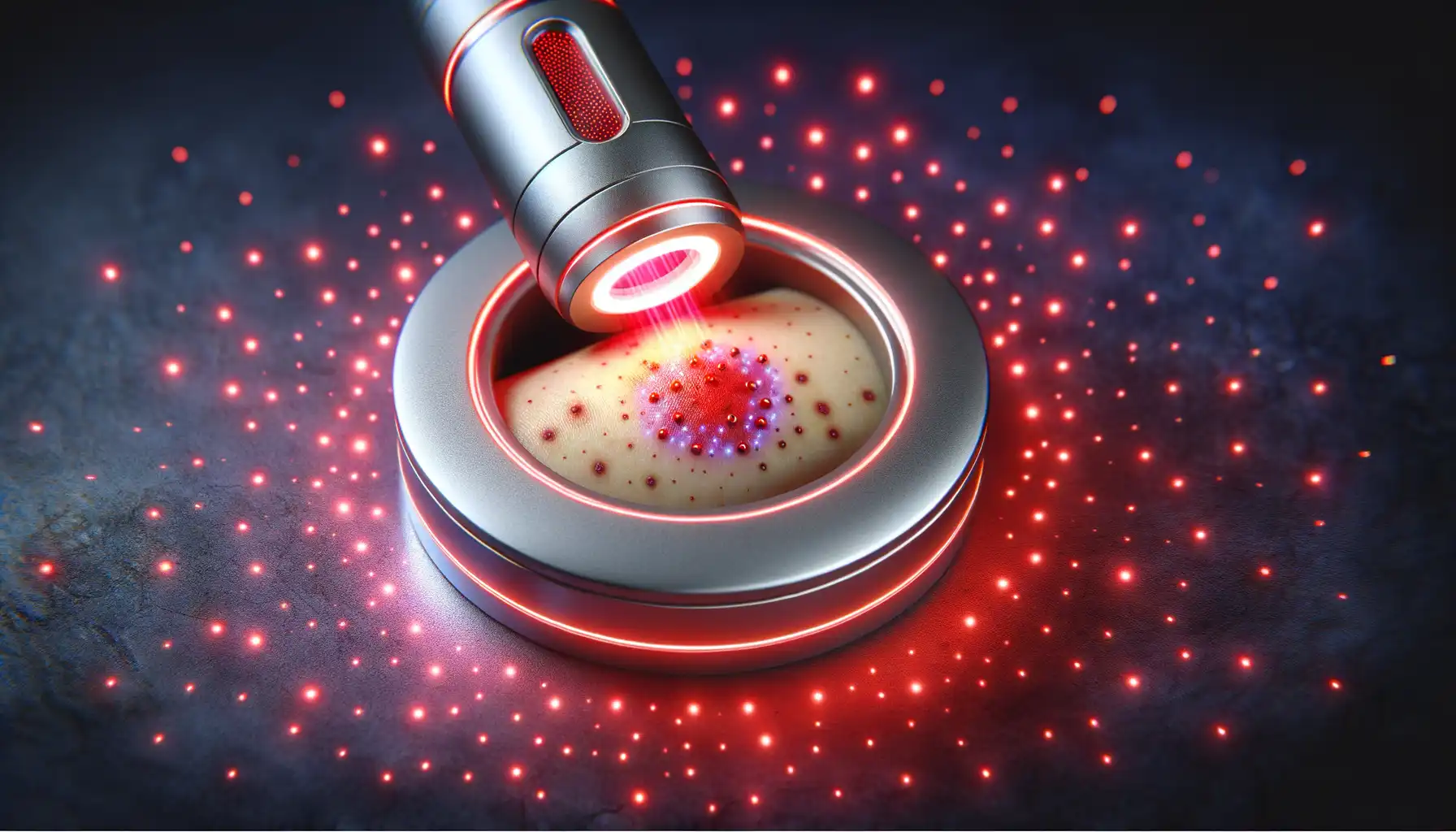The logic seems simple enough. Alcohol is a toxin, and sweating helps your body get rid of waste. Therefore, a sauna session should accelerate your hangover recovery. But the reality is far more complex. While saunas offer many proven health benefits, using one after a night of drinking can be a risky move. It might not only fail to cure your hangover but could potentially make you feel much worse.
This guide will explore the relationship between saunas, alcohol, and your body's recovery process. We'll look at what a hangover actually is, how saunas affect your system, and why mixing the two requires extreme caution. By the end, you’ll have a clear, science-backed answer and practical advice for safely navigating your post-party recovery.
What is a Hangover, Really?
Before we can determine if a sauna helps, we need to understand what's happening inside your body during a hangover. It's not just one single problem; it's a multi-faceted assault on your system caused by excessive alcohol consumption.
Key contributors to that awful morning-after feeling include:
Dehydration: Alcohol is a diuretic, meaning it makes you urinate more frequently. This fluid loss can lead to thirst, dizziness, headaches, and fatigue.
Gastrointestinal Distress: Alcohol directly irritates the lining of your stomach and intestines. This increases stomach acid production, which can cause nausea, vomiting, and stomach pain.
Inflammation: Your immune system may trigger an inflammatory response to alcohol, contributing to that general feeling of being unwell.
Sleep Disruption: While a few drinks might help you fall asleep faster, alcohol severely disrupts sleep quality later in the night. It prevents you from reaching the deeper, more restorative stages of sleep, leaving you groggy and tired.
Acetaldehyde Buildup: When your liver metabolizes alcohol, it produces a highly toxic compound called acetaldehyde. This compound is a major contributor to hangover symptoms like headache, facial flushing, and nausea.
A hangover is your body's cry for help—a sign that it’s struggling to cope with dehydration, inflammation, poor sleep, and a toxic byproduct overload. The primary goal of any hangover remedy should be to support your body's natural recovery processes, not add more stress.
How a Sauna Affects Your Body
Saunas work by exposing your body to intense heat, which triggers a series of physiological responses. Understanding these effects is key to seeing why a sauna for a hangover might be a bad idea.
The Good: Potential Benefits of Sauna Use
Under normal circumstances, regular sauna use is associated with numerous health benefits. The heat causes your blood vessels to widen, a process known as vasodilation. This increases blood flow, which can help relax your muscles and ease minor aches and pains. The elevated heart rate you experience is similar to a light cardio workout, offering some cardiovascular conditioning. Many people also find the experience deeply relaxing, helping to reduce stress and improve mood through the release of endorphins.
The Bad: The Risks of Sauna Use When Hungover
The problem arises when you introduce a hungover body to this high-heat environment. The very mechanisms that make saunas beneficial can become dangerous when your system is already compromised by alcohol.
Worsening Dehydration
This is the single biggest risk. You're already dehydrated from drinking alcohol. A sauna session causes you to sweat profusely, leading to further fluid and electrolyte loss. Combining these two factors can lead to severe dehydration, a condition that can cause:
Intense thirst and dry mouth
Dizziness and lightheadedness
A drop in blood pressure
Increased heart rate
Confusion and fatigue
Instead of "sweating out toxins," you're primarily sweating out water and essential minerals that your body desperately needs to rehydrate and function properly. While your sweat does contain trace amounts of waste products, your liver and kidneys do the vast majority of the detoxification work. Trying to sweat out alcohol or acetaldehyde is both ineffective and dangerous. The amount you lose through sweat is negligible compared to what your liver processes.
Cardiovascular Strain
Alcohol and heat both put stress on your heart. After drinking, your heart rate is often already elevated. The intense heat of a sauna makes your heart work even harder to pump blood to the skin to cool you down. This dual strain can be risky, especially for individuals with pre-existing cardiovascular conditions.
The vasodilation caused by both alcohol and heat can also lead to a significant drop in blood pressure. This is why you might feel dizzy or lightheaded when standing up too quickly after drinking. In a sauna, this effect is amplified, increasing the risk of fainting, falling, and injury. Research has shown that acute alcohol consumption combined with sauna exposure can lead to dangerous cardiovascular events.
Impaired Thermoregulation
Alcohol impairs your body’s ability to regulate its internal temperature. This means you might not sense how overheated you’re becoming in a sauna, increasing the risk of heat stress or, in extreme cases, heatstroke. Your body's natural cooling mechanisms are already working overtime, and the sauna environment can push them past their limit.
A Better Approach: What Actually Helps a Hangover?
If a sauna session isn't the magic bullet, what should you do instead? The best hangover cures are the most basic ones. They focus on restoring what your body has lost and giving it the resources it needs to heal.
Hydration is Your Top Priority
Before you even think about anything else, you need to rehydrate.
Water: Drink plenty of water throughout the day. Sip it slowly and steadily rather than chugging large amounts at once, which can further upset your stomach.
Electrolytes: You've lost more than just water; you've lost essential electrolytes like sodium, potassium, and magnesium. An electrolyte drink, coconut water, or even a simple broth can help replenish these vital minerals. You can also eat foods rich in potassium, like bananas or avocados.
Gentle Nutrition
Your stomach is sensitive, so be kind to it. Opt for bland, easy-to-digest foods.
Carbohydrates: Toast, crackers, or oatmeal can help raise your blood sugar without causing a spike and subsequent crash.
Nutrient-Dense Foods: If you can stomach it, eggs are a great choice as they contain cysteine, an amino acid that helps your body break down acetaldehyde. A fruit smoothie can provide hydration, vitamins, and natural sugars.
Rest and Sleep
You can't cheat your body out of the rest it needs. Alcohol disrupts your sleep architecture, particularly your heart rate variability (HRV), a key indicator of your body's recovery state. A low HRV after drinking means your nervous system is still in overdrive. The most effective way to restore your system is to get more high-quality sleep. If you can, take a nap or go to bed early. According to the CDC, the only way to completely avoid a hangover is to not drink alcohol or to drink in moderation.
If You Absolutely Must Use a Sauna for a Hangover
Let's be realistic. Sometimes, the idea of a warm, quiet room is too tempting to resist, even with the risks. If you decide to use a sauna after drinking, you must take significant precautions to minimize the dangers. This is not a recommendation, but rather a harm-reduction guide.
Wait as Long as Possible: Do not go into a sauna while you are still feeling the effects of alcohol or in the throes of a severe hangover. Wait until the afternoon or evening, after you have spent the entire day rehydrating and eating.
Hydrate Aggressively Before, During, and After:
Drink at least two large glasses of water before you enter the sauna.
Bring a large water bottle with you and sip it continuously throughout your session.
Replenish with an electrolyte drink immediately after you get out.
Keep it Short and Cool:
Do not attempt your usual sauna routine. Limit your session to 5-10 minutes maximum.
If possible, use a lower temperature setting or sit on a lower bench where the heat is less intense.
Even under normal conditions, experts recommend beginners start with short sessions. This is even more critical when hungover.
Listen to Your Body:
Pay close attention to how you feel. If you start to feel dizzy, lightheaded, nauseous, or uncomfortably hot, leave immediately.
Do not push through discomfort. Your body is already stressed, and ignoring its warning signals can lead to fainting or more serious health issues.
Never Sauna Alone: Always have someone with you or nearby who knows you are in the sauna. This is a crucial safety measure in case you feel unwell and need assistance.
The Final Verdict
So, is a sauna good for a hangover? The overwhelming evidence suggests no. While the warmth might feel temporarily soothing, the significant risks of worsening dehydration and putting excessive strain on your cardiovascular system far outweigh any potential benefits. The idea of "sweating out toxins" from alcohol is a myth; your liver and kidneys are the true heroes of detoxification. Pushing your already-stressed body with intense heat is a counterproductive strategy that can delay your recovery and pose serious health risks.
Instead of turning to the sauna, focus on the fundamentals: aggressively rehydrate with water and electrolytes, eat gentle and nourishing foods, and prioritize rest. These time-tested methods support your body’s natural ability to heal. Save your sauna sessions for when you're feeling your best, so you can enjoy their full, restorative benefits without the added danger. Your hungover body will thank you for choosing the kinder, safer path to recovery.




